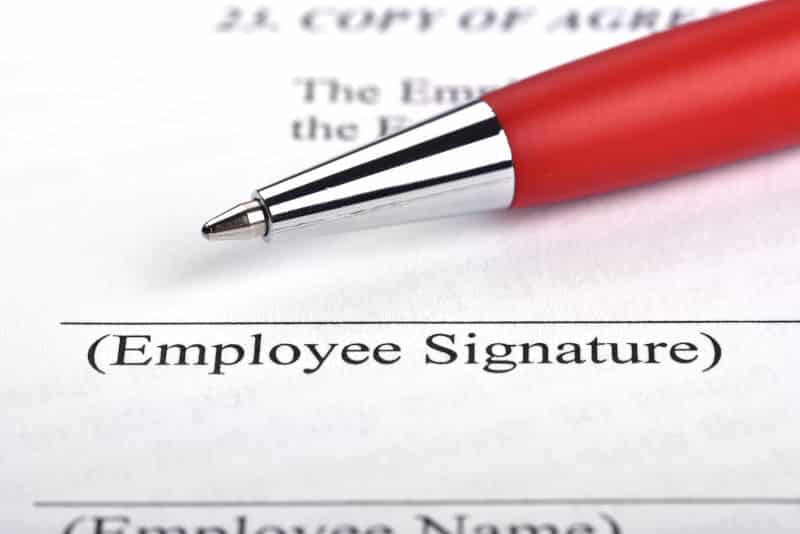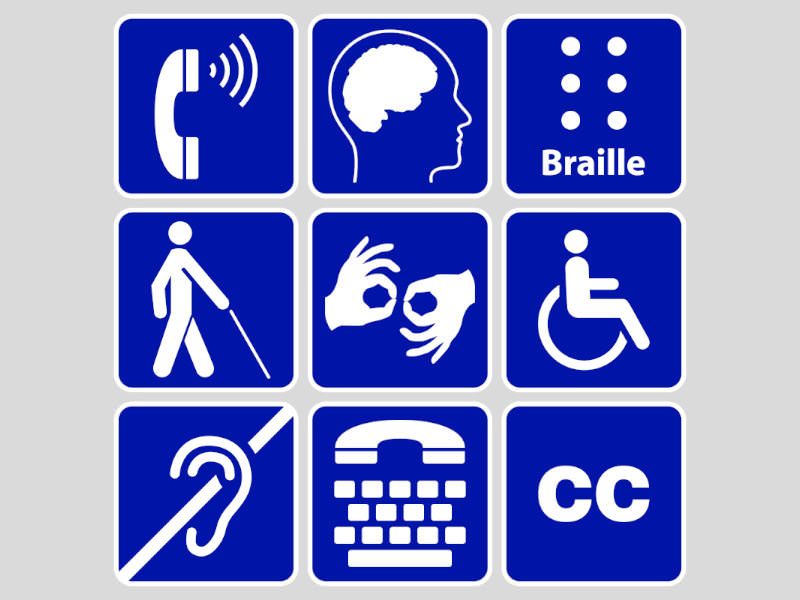If you hire a worker who is classed as disabled, or a worker becomes disabled through illness or injury, you will have certain responsibilities to help them to do their job. This includes making reasonable adjustments in the workplace to ensure they are not ‘substantially disadvantaged’ by their disability.
Truth Legal can help you to make sense of the obligations placed upon your business. Our employment law specialists can guide you through these often-complicated requirements, and safeguard against the potentially serious financial and reputational consequences of failing to meet them.
If you are currently facing a discrimination claim from a worker over a failure to make reasonable adjustments, or they have raised a grievance regarding this, our employment solicitors can assist with resolving the situation in a considered and cost-effective manner.
Contact us today for expert legal guidance your circumstances.
Making reasonable adjustments for a disabled worker
You are legally required to make reasonable adjustments for any disabled worker you employ. When you are hiring a new worker, these adjustments can be anticipated and planned for.
However, where a worker has suddenly become disabled, it can be a much more difficult situation for all involved. There is the worker’s livelihood to consider, as well as possible financial implications for the business and any effects this may have upon the wider workforce.
What adjustments may be helpful will depend on the worker and the nature of their work. Some examples would be:
- Changing working hours
- Making alterations to a workplace, such as adding ramps or lifts
- Transferring the employee to a different workplace or role
- Providing new equipment or furniture
- Modifying policies and procedures
What is ‘reasonable’?
There is no single answer to what would be a reasonable adjustment. This is because how reasonable an adjustment is will depend on the circumstances surrounding your business and the worker themselves.
However, some of the factors that can determine what is reasonable include:
- Whether an intended adjustment would actually assist in reducing or removing the ‘substantial disadvantage’ from the worker
- The size and resources of your business
- The costs involved in the adjustment
- The practicality of the adjustment
- The extent of disruption it would cause
When you instruct Truth Legal, our employment lawyers will assess these and other factors in a similar way to an Employment Tribunal. Ultimately, this is the standard which you must meet to protect your business from any costly litigation. An employee who believes you have not done enough to accommodate them and their disability may raise a grievance and they may also have grounds to bring a discrimination claim.
Why choose Truth Legal to advise on reasonable adjustments?
Our skilled and experienced employment lawyers are ideally placed to guide you on making reasonable adjustments for your disabled workers. In all of the services we provide, our solicitors are guided by a strong sense of ethics and fairness – and this is can be invaluable when handling the sensitive issues which often arise when faced with making reasonable adjustments.
Truth Legal prides itself on delivering a first-class service, as shown by our overwhelmingly positive client reviews on both TrustPilot and reviewsolicitors.
Navya Shekhar, Truth Legal’s Head of Employment Law, has over 10 years’ experience providing expert legal advice to businesses of all sizes across the UK. And she is ably supported by an experienced employment team in our Harrogate office.
We help both employers and employees with their legal issues. This gives our lawyers a comprehensive understanding of employment issues, and gives you valuable insight into both perspectives on the situation.
And we offer free initial consultations so you can get a sense of where you stand at no cost.
If you would us to assist your business with reasonable adjustments, contact us today for expert legal advice.
















